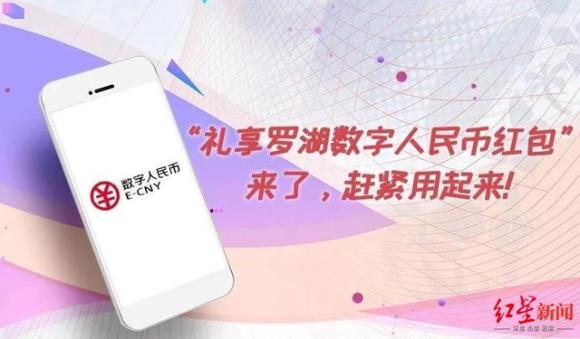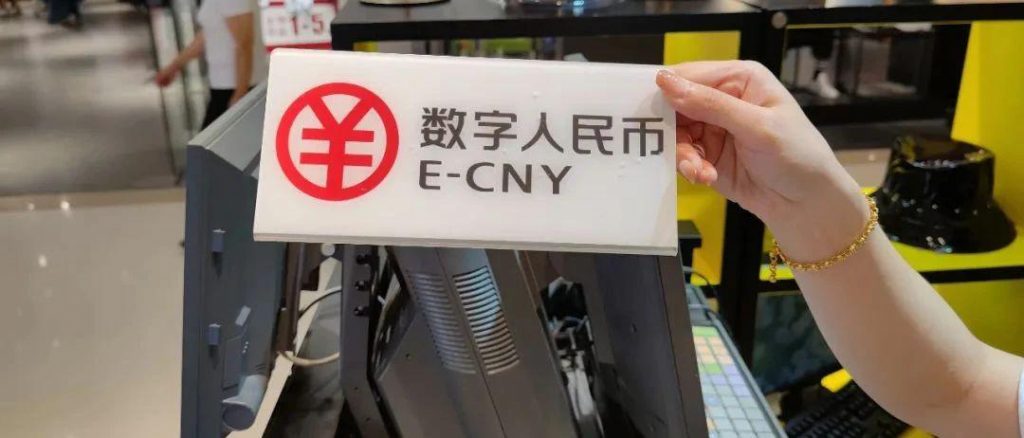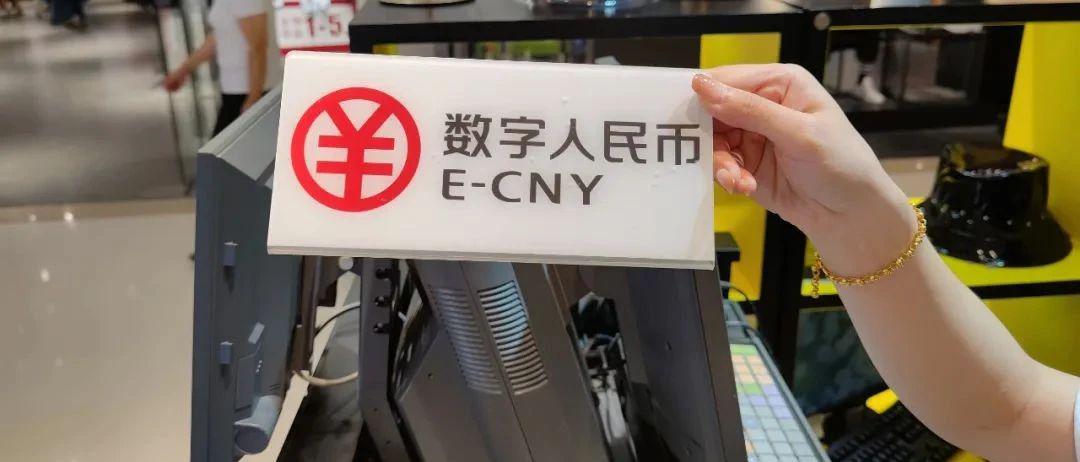
A digital renminbi experiment began in Shenzhen, China.
In the second week of October, the city of Shenzhen announced that it would distribute 10 million yuan digital currency to 50,000 citizens through lottery. The authorities send the winnings through a mobile Hongpao (red envelope). This is a digitalized tool for Hong Pao, which is used to send money in China, and was first distributed through WeChat e-wallet.
There is no need to misunderstand the digital renminbi as a form of cryptocurrency. It is issued and managed by the central bank and functions as a digital version of the real currency legal in China. The central government can identify currency circulation, and it is not a replacement by complementing third-party payment apps such as WeChat Pay and Alipay in China, where cash is used less.
For example, the central government could send subsidies in digital renminbi to local agencies in the future. This can also reduce problems like corruption.

Four cities in China are starting digital renminbi testing, and Shenzhen is one of them. The Chinese government did not disclose details in August, but issued a notice. This time, it is conducting the first large-scale public experiment in China on a virtual currency issued by the central bank that distributes digital renminbi to civilians.
According to city officials, 2 million citizens of Shenzhen applied for the lottery. The winner will receive 200 yuan in Hongpao on the official digital renminbi app and can use the virtual currency at more than 3,000 stores in the city.
A new document within the central government reveals that the Pantech innovation platform will be launched through an official digital currency institute in Shenzhen step by step in the future. This document contains development plans for the next five years, including inducing foreign investment in advanced technologies. Shenzhen will play an important role in the R&D and use of digital renminbi and promoting international cooperation.
In April, the Shenzhen Digital Currency Research Institute started recruiting technical positions such as mobile app architecture and Android developers. Shenzhen was designated as China’s first special economic zone in the 1980s, and now serves as a hub for innovation, including tech companies such as Tencent, Huawei, and DJI, HAX, and Trouble Maker. While central banks provide the logic and infrastructure to support digital yuan, private banks and corporations have plenty of room to innovate at a practical level. Didi Chuxing and the DJ Fintech division also revealed plans to accelerate the realization of digital yuan in real life, respectively. Related information can be found here .




















Add comment